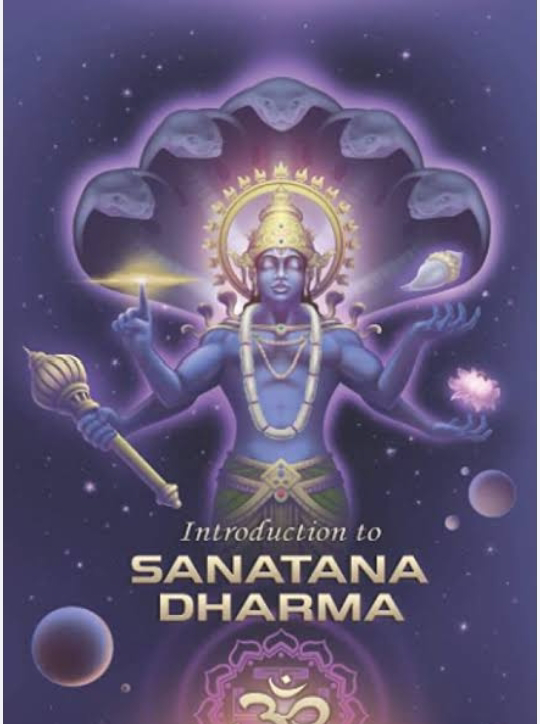Origin of Sanatan Dharma
Origin of Sanatan Dharma
Sanatana Dharma, often referred to as Hinduism, is one of the oldest religions in the World.
The term "Sanatana Dharma" itself emerged later in history and translates to "eternal or timeless dharma." It encompasses a wide range of beliefs, practices, and philosophical systems that have evolved and transformed over thousands of years. The foundations of Sanatana Dharma are found in the Vedas, the oldest sacred texts of Hinduism, which were composed between 1500 and 500 BCE.
The Vedic period witnessed the development of key concepts and rituals that form the basis of Hinduism, such as the worship of various deities, sacrificial rituals, and the exploration of philosophical ideas. The Vedic texts, including the Rigveda, Samaveda, Yajurveda, and Atharvaveda, contain hymns, prayers, rituals, and philosophical discussions.
Over time, Sanatana Dharma absorbed and assimilated various cultural, religious, and philosophical influences, leading to the emergence of different schools of thought, sects, and traditions. The Upanishads, which are philosophical treatises and commentaries on the Vedas, further expanded the understanding of the nature of reality, the self (Atman), and the ultimate truth (Brahman).
Sanatana Dharma also encompasses a diverse range of practices and beliefs, from the ritualistic and devotional aspects to philosophical inquiries, yoga, meditation, and ethical teachings. It recognizes the interconnectedness of all life and emphasizes the pursuit of spiritual and moral growth to attain liberation (moksha) from the cycle of birth and death (samsara).
It is important to note that the evolution of Sanatana Dharma is complex, with contributions from various sages, thinkers, and spiritual leaders over centuries. It has also been influenced by cultural and regional variations, resulting in a rich tapestry of beliefs and practices within the broader umbrella of Hinduism

Comments
Post a Comment